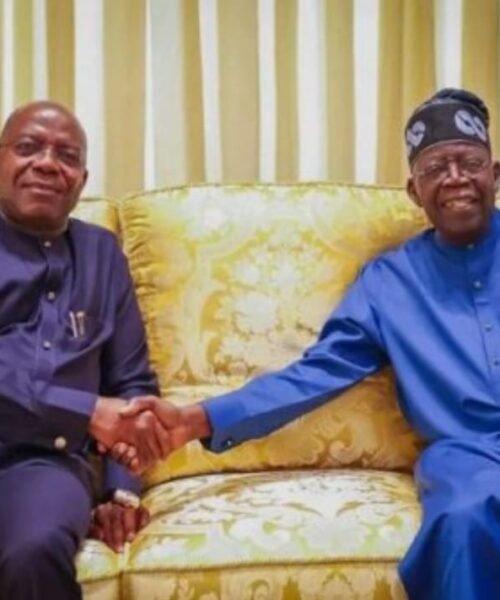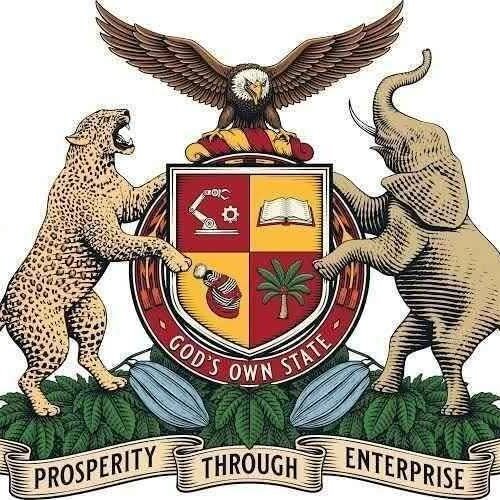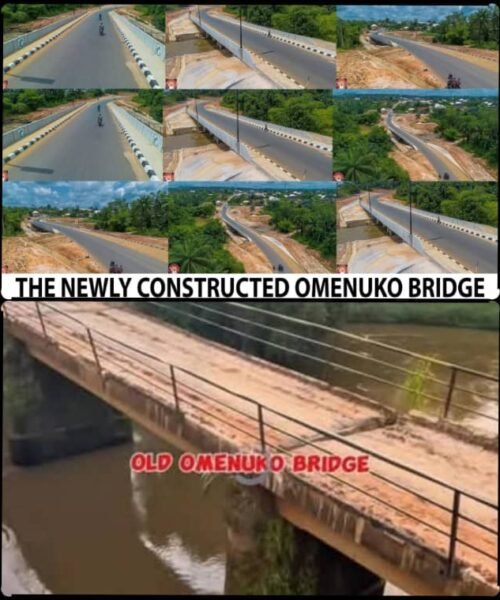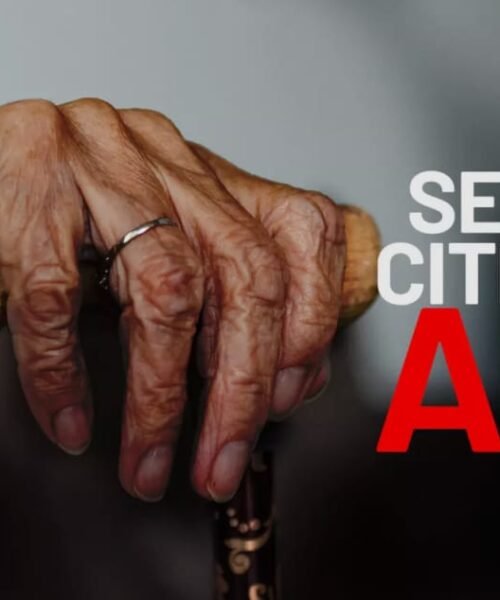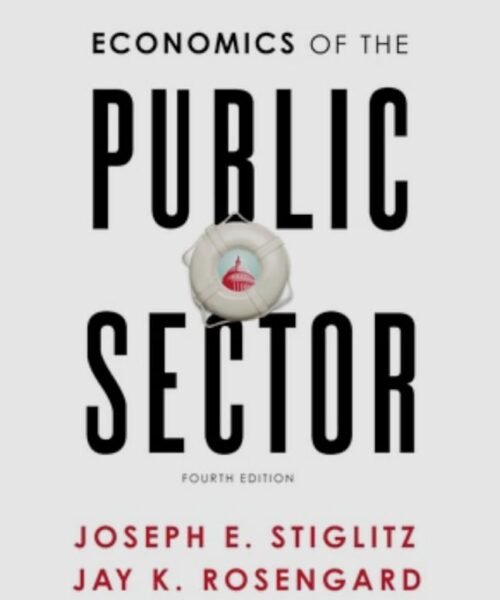The Media, Inclusive Governance, and The Poor: Abia’s Model of Equitable Progress

In Nigeria’s southeastern region, Abia State has emerged as a compelling case study in leveraging media engagement and inclusive governance to uplift marginalized communities. With a population of 3.7 million, 54% of whom live below the poverty line, the state faces challenges familiar to much of Nigeria: unemployment hovering at 35%, infrastructural deficits, and systemic exclusion of the poor. Yet, under Governor Alex Otti’s administration, Abia has adopted a transformative approach that positions media accountability and participatory governance as pillars of poverty alleviation—a model now drawing national attention.
Media as a Catalyst for Transparency
Abia’s strategy recognizes the media not merely as a watchdog but as a bridge between government and grassroots. In 2023, the state launched “Umu Abia Speaks,” a weekly radio and television program where citizens directly question policymakers on issues ranging from road repairs to healthcare access. This initiative, reaching 82% of households via community radio partnerships, has amplified previously muted voices. Data from the Abia State Accountability Forum reveals that 63% of projects initiated in 2023 were directly tied to grievances aired through these platforms. Meanwhile, the government’s use of social media to publish real-time budget trackers—a first in Southeast Nigeria—has reduced corruption risks, with the World Bank reporting a 40% decline in contract inflation allegations since its implementation.
Inclusive Governance: Policy for the People, by the People
At the heart of Abia’s model is a redefinition of governance to prioritize the poor. The state’s “Community Charter of Needs” program, active in all 17 LGAs, empowers local assemblies to draft development agendas integrated into the state budget. In 2024, 70% of Abia’s ₦567 billion budget targeted health, education, and SME support—a sharp rise from 42% in 2022. One standout initiative is the “Aba Leather Cluster Project,” which formalized 5,000 informal shoemakers into cooperatives, providing access to microloans and export markets. By Q1 2024, the program had boosted leather exports by 300%, lifting 12,000 artisans above the poverty line.
Healthcare access, a critical barrier for the poor, has been revolutionized through “TeleHealth Africa” partnerships, offering free medical consultations to 600 rural communities. Infant mortality rates dropped by 25% in 2023, while immunization coverage rose to 68%, up from 43% in 2022. Such strides reflect Governor Otti’s mantra: “No one is marginalized in our march to progress.”
The Poor as Partners, Not Beneficiaries
Abia’s most radical shift lies in treating the poor as stakeholders rather than passive aid recipients. The “Dialogue Farms” initiative, co-designed with smallholder farmers, allocates 30% of state agricultural subsidies to women and youth cooperatives. This has increased cassava and rice yields by 150%, with surplus produce supplying the state’s school feeding program, which now reaches 200,000 pupils daily. Furthermore, the “Skill-Up Abia” vocational scheme, praised by the UNDP, has trained 15,000 youths in robotics, solar tech, and agribusiness, linking 60% to employment within six months of graduation.
A Blueprint for Nigeria?
While challenges persist—including lingering infrastructure gaps and reliance on federal allocations—Abia’s model offers actionable insights. The media’s role in fostering accountability, coupled with governance that centers the poor, has spurred a trust revolution: a 2023 Afrobarometer survey found 74% of Abia residents believe “government listens,” compared to 22% nationally. As Nigeria grapples with rising inequality, Abia’s experiment proves that equitable growth is achievable when institutions prioritize inclusion over rhetoric.

In a nation where 133 million endure multidimensional poverty, Abia’s lessons are clear: empower the media to democratize dialogue, embed the poor in policymaking, and transform governance from a top-down monologue into a collective journey. As the state’s rising Human Development Index scores suggest, this is not just a model—it’s a movement.
Dr Chukwuemeka Ifegwu Eke writes from the University of Abuja Nigeria


